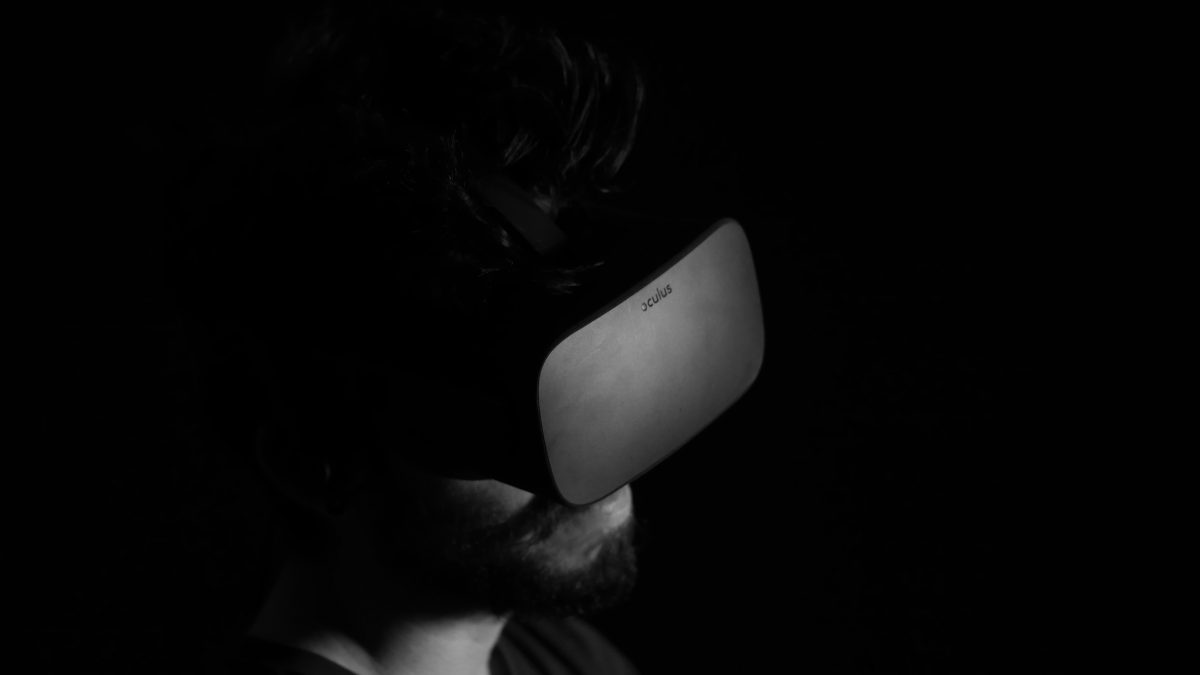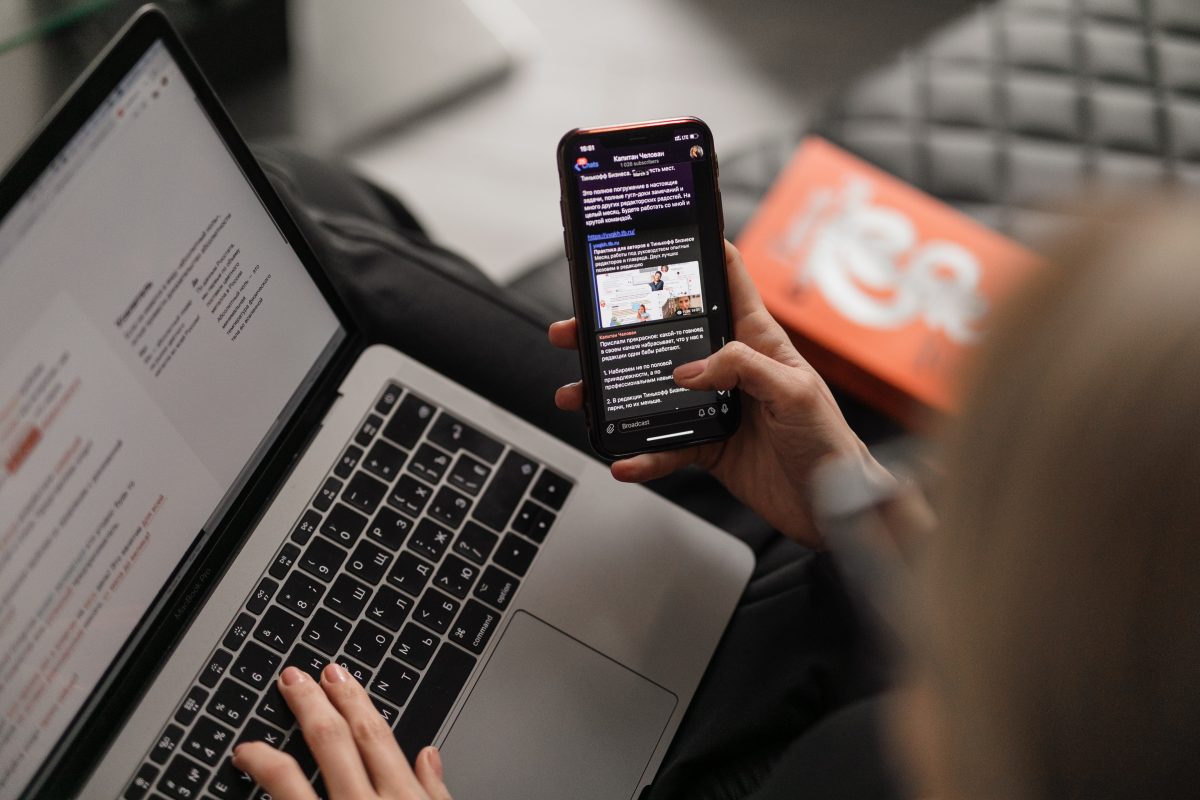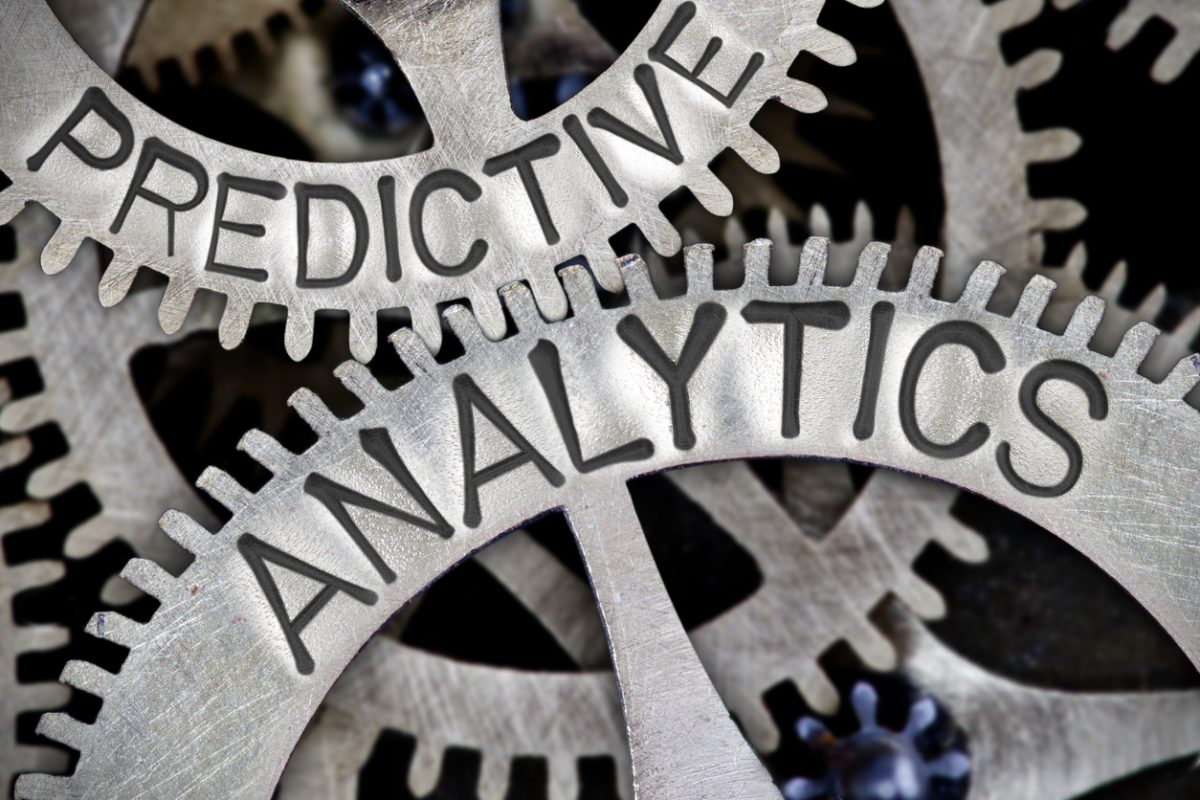Every minute of every day, predictive analytics are changing our lives. Your social media feed is calibrated to present posts that you’re most likely to care about. Online ads appear because an algorithm has decided you’ll want to see them. Every song you listen to informs your streaming service about which song it should choose to play next. It’s efficient and effective. It’s also dangerously manipulative.
Why Predictive Analytics Matter
In many cases, predictive analytics work behind the scenes, providing a service without us even knowing about it. A notice on your iPhone reminds you to set your alarm for work the next day. Your Web browser quickly loads pages because it knows what pages you tend to visit. Google Maps gives you an accurate estimate of how long it takes to get to your destination, taking into account the traffic you’ll likely encounter on the way. So far, so good.
But predictive analytics can go wrong, too. Its use can expose personal secrets. Social media algorithms have been proven to keep people discouraged and sad, in an attempt to keep them scrolling. Facebook’s quest for likes and engagement even played a role in deciding the 2016 US Presidential election (for better or worse, depending on your views). In each case, a business manipulated people for its own gain.
Your Next Move
So, what to do? Beating predictive analytics by opting out of everything online is an option, but it’s unrealistic. Using a VPN can help, in that it limits the amount of information companies can gather about your online choices and patterns. Using an ad-blocker and refusing to accept cookies helps, too, but doing either often limits your online experience. Using your browser’s “incognito” or private mode offers a modicum of protection, but don’t count on it for much.
The important thing, then, is to be aware. Understand that companies over which you have no control are using your personal data to create the Internet with which you interact. The products Amazon suggests you buy, the shows Netflix suggest you watch, result from a deep analysis of your recent clicks. Know that the advertisements you see while scrolling on your phone will be different from the ads your husband sees while scrolling on his and understand why.
Faceless corporations are tracking your moves and they’re using that information to predict where you’ll move next. It’s as spooky as it is true. Until regulations catch up, the best move regarding predictive analytics is to be aware, informed, and cautious.
See the original article at privacyparent.com







